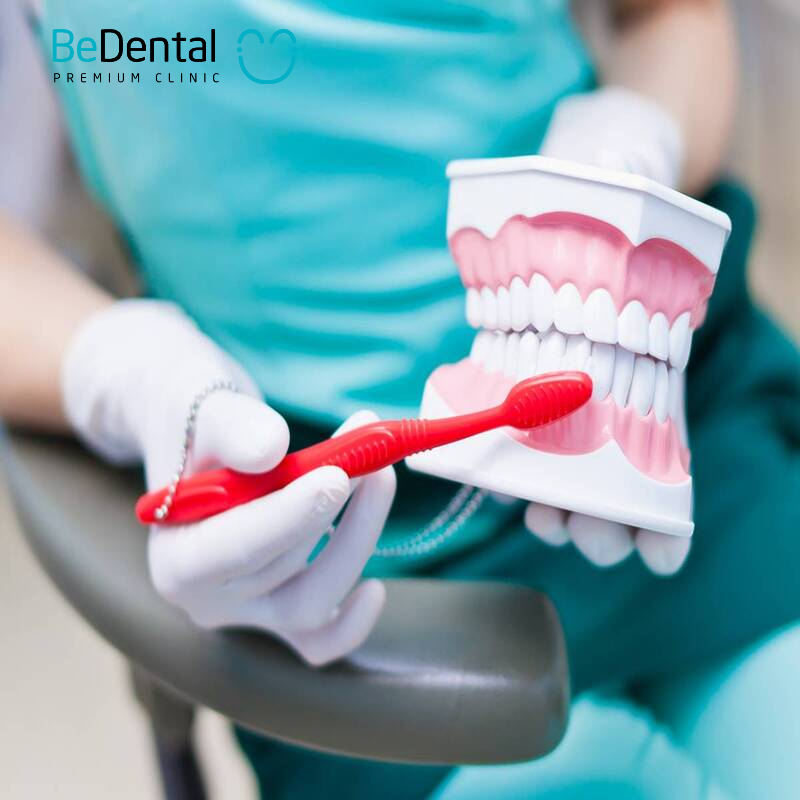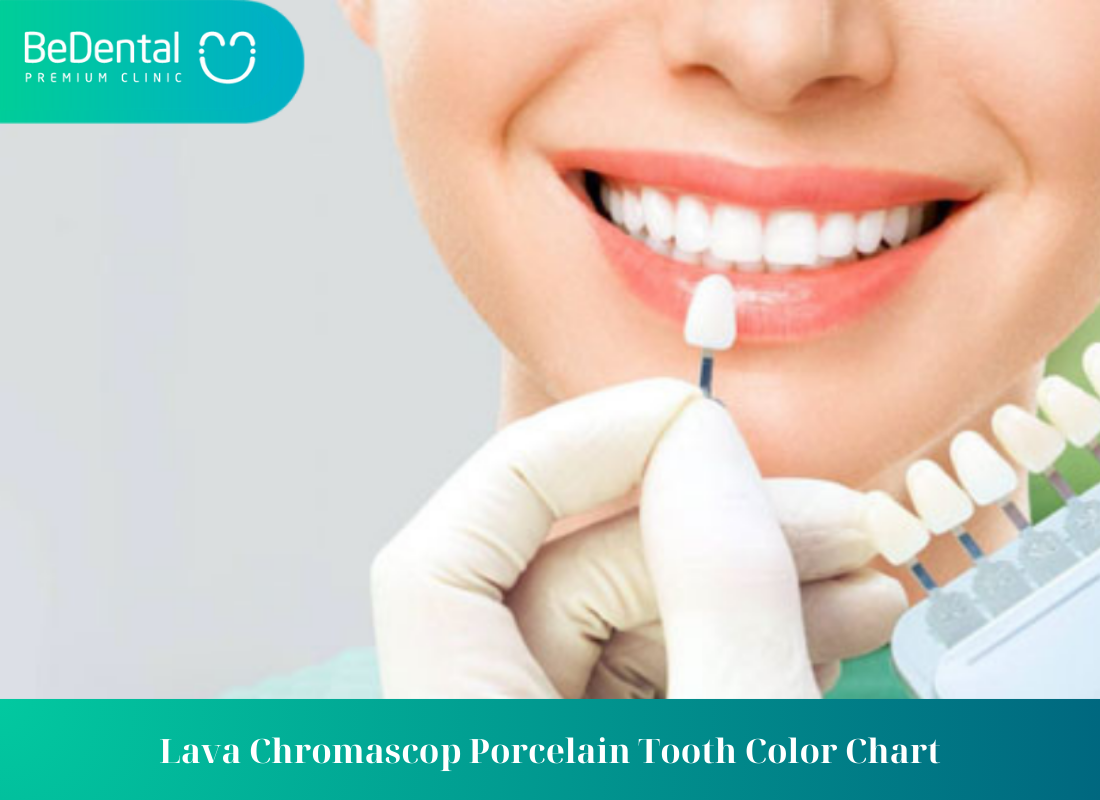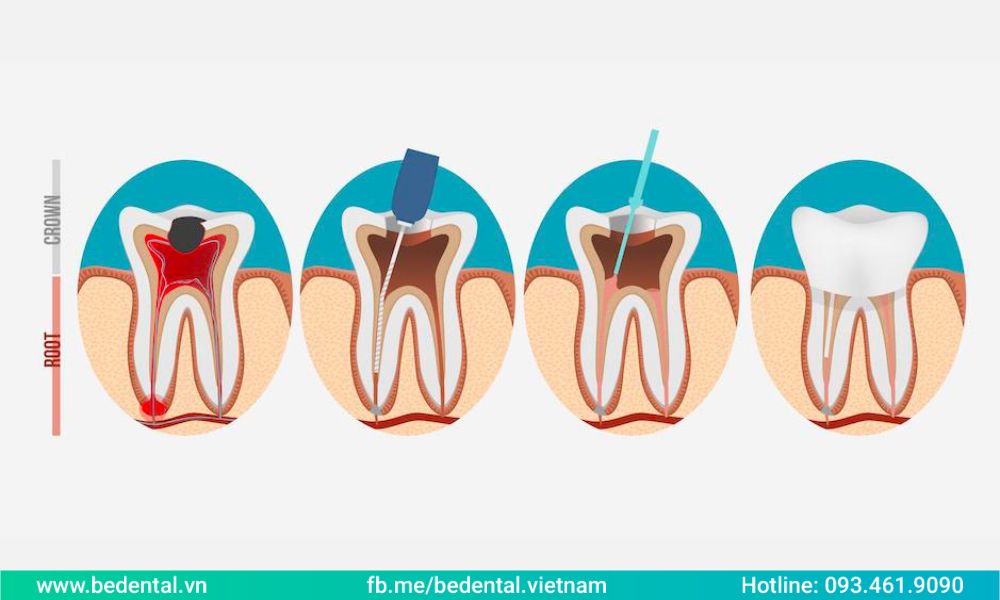The pH level of saliva can impact your teeth and gums. Let’s explore how saliva pH is related to dental and gum health and learn about the significance of pH in the human body. Additionally, we’ll discuss issues related to pH and methods to improve saliva pH, providing useful tips for maintaining good oral health and enhancing overall body health.
What is pH?
pH is a measurement indicating the acidity or alkalinity of a substance, ranging from 0 (most acidic) to 14 (most alkaline), with 7 considered neutral.
How pH values are measured:
– Water with a pH of 7 is considered neutral. The values below 7 are acidic, and those above 7 are alkaline.
– Different methods measure pH values, often using water as a reference material.
– The pH 7 value represents ideal balance, but precise neutrality is rarely achieved in the human body.
Saliva pH and oral health:
– Saliva plays a significant role in maintaining oral health, and its pH affects the risk of dental issues.
– A pH range of 5.6 to 7.9 is generally considered normal for saliva, with slight acidity.
– Maintaining proper saliva pH is essential for the buffering mechanism, which helps prevent tooth decay and gum diseases.
pH in the human body:
– The human body’s pH level is measured on a scale of 0 to 14.
– A pH of 7 is considered neutral, but the body’s ideal pH is slightly alkaline, ranging from 7.35 to 7.45.
– pH levels can be influenced by diet, stress, and overall health.
What does testing the pH level in the human body reveal?
Testing the pH level in the human body reveals important information about its overall health. The optimal time for pH testing is approximately 1 hour before a meal or 2 hours after a meal.
You can check saliva pH using pH test strips
– Wet a piece of pH test paper and check the pH level with saliva.
– The ideal pH of saliva is around 6.4-6.8, reflecting the body’s pH level because saliva is slightly more acidic than blood.
– If the pH is below 6.4, it indicates insufficient alkaline reserves in the body.

After eating, saliva pH may rise to 7.5 or higher (slightly alkaline). Prolonged deviation from the ideal saliva pH can indicate potential health issues. If saliva pH remains within the range of 6.5 to 7.5 consistently, the body is generally healthy.
Maintaining an acidic pH level for an extended period can lead to conditions such as low-level inflammation, diabetes, lupus, kidney disease, heart disease, stroke, and various cancers. If saliva pH is too low, indicating the body’s pH, dietary focus should include plenty of fruits, vegetables, and water while avoiding highly acidic foods like sodas, white flour, and red meat.
Testing pH through urine
The pH level in the human body reveals important information about its overall health. Urine pH serves as an indicator of the body’s response to maintaining the appropriate blood pH. The pH of urine indicates the body’s activity through the kidneys, adrenal glands, lungs, and sweat glands, helping balance pH through salt and hormone regulation.
The ideal urine pH is generally between 6.5 and 7.0 in the evening before dinner. Urinalysis helps determine how much acid the body is excreting and how much minerals, especially calcium, magnesium, sodium, and potassium, it is absorbing. These minerals act as buffers, helping the body maintain balance against excess acid or alkali.
The pH level in the human body reveals that when the body is too alkaline or acidic, despite buffering, it needs to excrete a considerable amount. Urine serves as a way for the body to eliminate excess acid or alkali that the buffering system cannot handle. If the body’s detoxification system weakens, the body becomes toxic.
Relationship between saliva pH and oral health
The relationship between saliva pH and oral health is crucial. The mouth is a watery ecosystem with the constant presence of saliva, playing various important roles in the oral mucosa, such as a lubricant, aiding in chewing, facilitating food breakdown, and maintaining a healthy oral microbiome.
Saliva is especially vital in preventing the invasion and spread of external microorganisms and inhibiting the overgrowth of those found inside the oral mucosa. The mouth is a gateway to our interaction with the outside world, and saliva is one of its essential protective barriers.
See more: Best Dental Clinics Near Me in Hanoi
The pH level of saliva can impact your teeth and gums
Saliva has buffering capabilities, acting as a buffering mechanism to help maintain a relatively constant pH. However, when consuming drinks and food, the pH of saliva will temporarily change.
Commonly consumed foods in today’s diet are often acidic, resulting in the acidification of saliva pH, which, if used over time, can lead to demineralization of tooth enamel. This damage to the enamel supports oral bacteria’s better contact with tooth surfaces and the tissues inside the teeth.
Another type of food that can alter saliva pH level is sugary food. If the remaining part of the food is available for microorganisms, they convert sugar into acid, leading to pH changes and, consequently, an increased risk of tooth decay.
Issues to note about PH. The pH level of saliva can impact your teeth and gums
Here are some issues to note about pH:
Acid-Base Imbalance
– Certain conditions can lead to a disruption in the pH balance in the body, known as acid-base imbalance. Examples include:
– Diabetic ketoacidosis (excessive production of ketone acids without sufficient glucose in the blood or inadequate energy storage from fats due to insulin deficiency).
– Accumulation of lactic acid in the body due to excessive physical activity or underlying medical conditions.
– Elevated blood urea levels when the kidneys are damaged or functioning poorly.
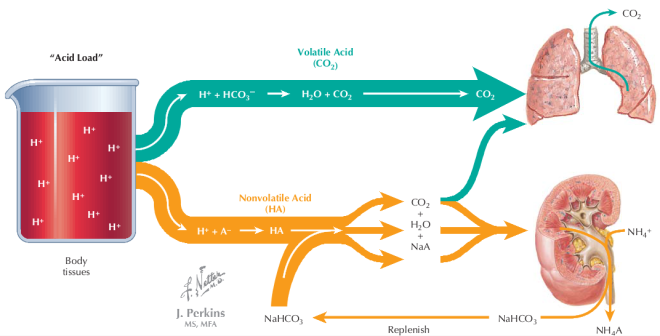
In addition to acidosis, there is also the phenomenon of alkalosis in metabolism such as:
- Due to carbonate acidosis in the body
- Reduce excessive acid levels
- Blood loss during tumor surgery due to diuretic use
- Potassium deficiency
See more: Hanoi’s Premier Hospitals – Unveiling the Elite Healthcare Haven
The pH level of saliva can impact your teeth and gums
Acid production and stomach ulcers
Normally acid-base is maintained at a stable level in the stomach when digesting food, producing hydrochloric acid called stomach acid.
However, there are many factors that cause excessive acid production in the stomach such as: stress, alcohol, tobacco, infection with the stomach bacteria Helicobacter pylori, some substances that cause excessive stimulation such as spicy spices or caffeine (coffee). coffee, alcohol, carbonated or caffeinated drinks).
When acid is too high, it can lead to a number of diseases such as: Heartburn, Stomach ulcers, Gastroesophageal acid reflux.
How to maintain optimal saliva pH for oral health
Eating habits are currently the leading cause of salivary pH imbalance. These include regularly consuming sugary foods, drinks with an acidic pH such as soda, fruit juice, energy drinks, coffee or alcohol and long-term exposure of teeth to these acids, which cause damage. to tooth enamel. Tooth enamel wears out faster due to these harmful factors. Teeth turn yellow, and the risk of tooth decay is higher. If they are not treated early, tooth enamel will lose its ability to recover and the only solution is to see a dentist to find the appropriate treatment.

What can be done to ensure the correct pH balance of saliva is beneficial for tooth health? We will look at a few methods that can help improve saliva pH.
Method to improve saliva pH level
Methods to help improve saliva pH level If these habits are not corrected early, tooth enamel will lose the ability to repair itself. Teeth and gums can develop infections such as cavities or gingivitis, so the only solution is to see a dentist to have it checked and repaired.
We need methods to help improve saliva pH level. to keep the pH of saliva stable by improving the health of teeth and gums? While not everyone can avoid consuming acidic foods and drinks, there are a few ways that can help regulate saliva pH. Below are methods to help improve saliva pH.
Dental hygiene
To prevent oral bacteria from coming into contact with the remains of sweet foods left in the oral cavity, it is extremely important to maintain hygiene every day by choosing the best oral hygiene products for your teeth. Don’t forget to brush your teeth after every meal, and even before bed, using a fluoride toothbrush.
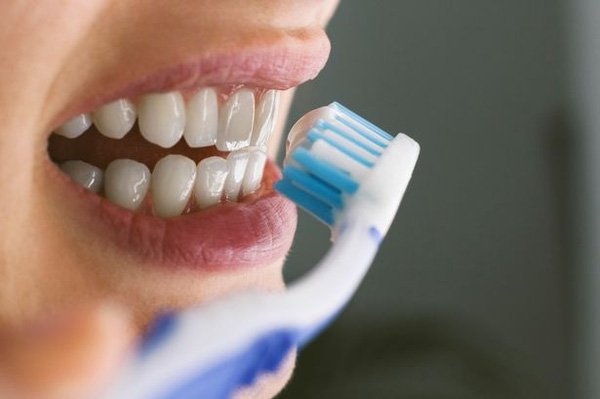
See more: Drug store near you in Hanoi
The pH level of saliva can impact your teeth and gums
Food source
Avoid or limit as much as possible the consumption of acidic or sugary foods and drinks. If you drink sugary or highly acidic drinks, avoid doing so for a long period of time, which reduces the ability of tooth enamel to react to acid.
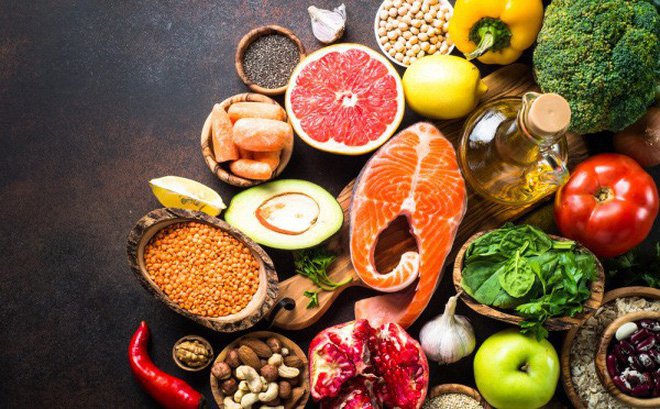
Consuming dairy products including ice cream, cheese or yogurt can help regulate the pH of saliva. Acidic foods are perfect for neutralizing oral pH.
See more: Top 12 Must-try Dishes in Hanoi – What to eat in Hanoi?
Hydration
Maintain proper hydration by drinking water instead of acidic or sugary drinks. In this way, you support the natural production of saliva, avoiding dry mouth or xerostomia.
One tip for adjusting saliva pH when drinking acidic drinks like soda, coffee or alcohol is to drink water immediately after. Water removes acidic debris from the mouth and promotes pH regulation.
With these tips on maintaining saliva pH level within the ideal range, your mouth will enjoy better health and more effective defenses against bacteria that cause cavities and gingivitis.BEDENTAL - TOP STANDARD DENTISTRY SYSTEM
In HANOI
Address 1: 7B Thi Sach St, Ngo Thi Nham, Hai Ba Trung Dist, Ha Noi. - 0934.61.9090
Address 2: No 129 Hoang Ngan, Yen Hoa, Cau Giay Dist, Ha Noi. - 0934.61.9090
In HO CHI MINH
Address 1: 53 -55 -57 Pho Duc Chinh St, Nguyen Thai Binh, Dist. 1, Ho Chi Minh. - 0766.00.8080
Working: 9am - 8pm everyday
Website: https://bedental.vn/en/


